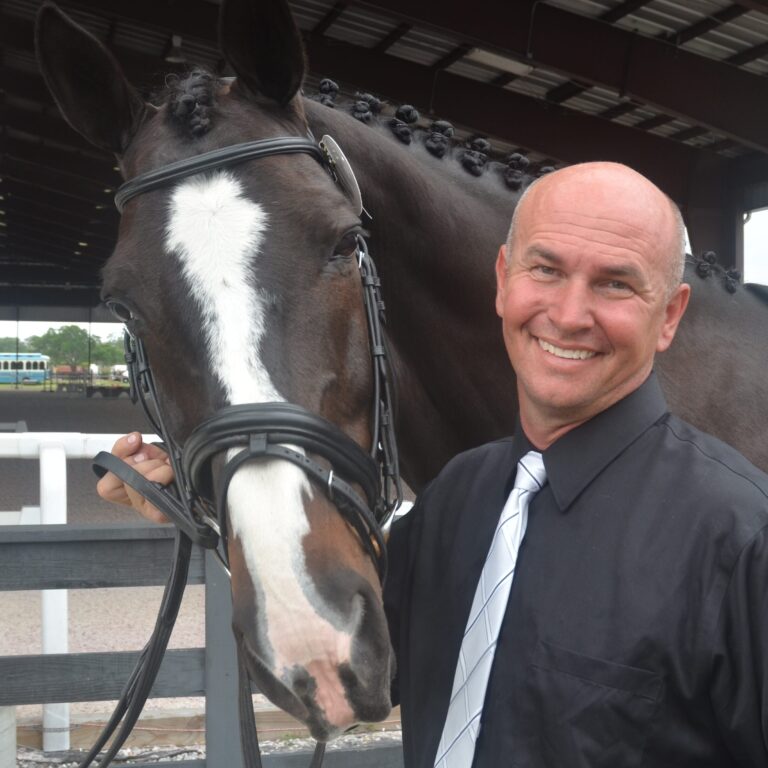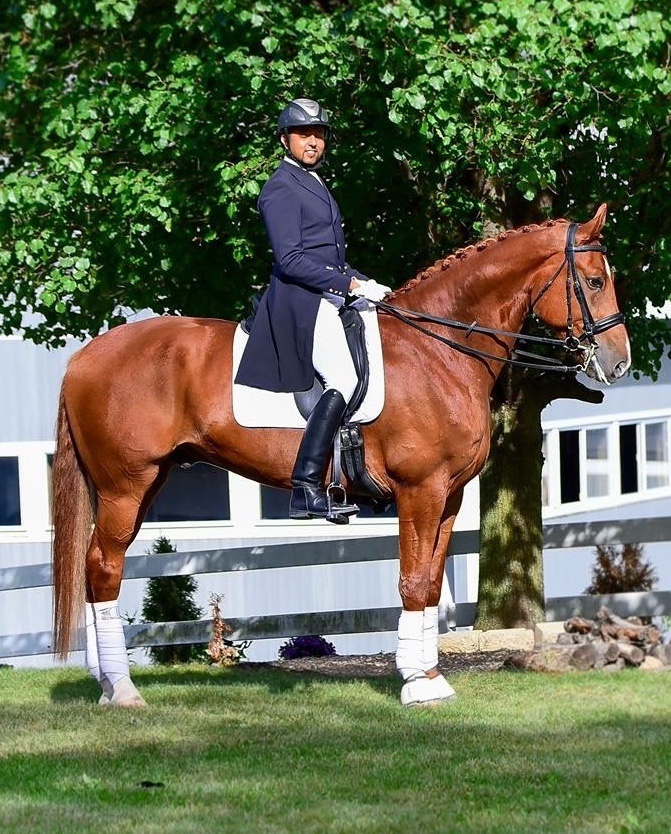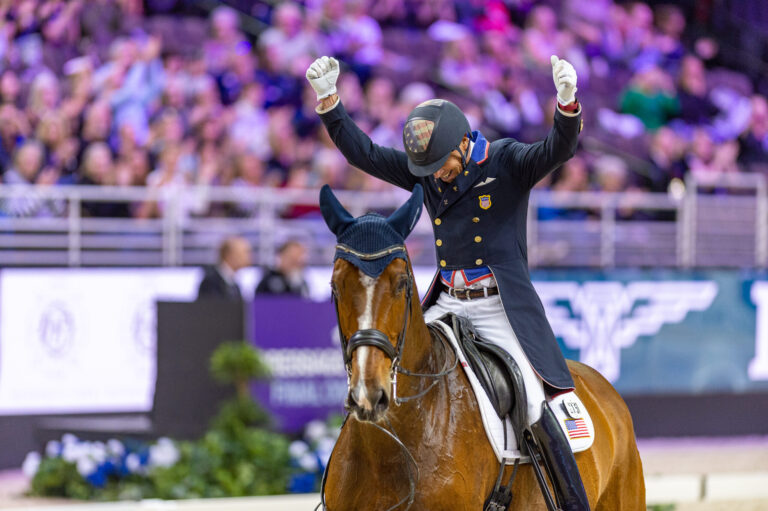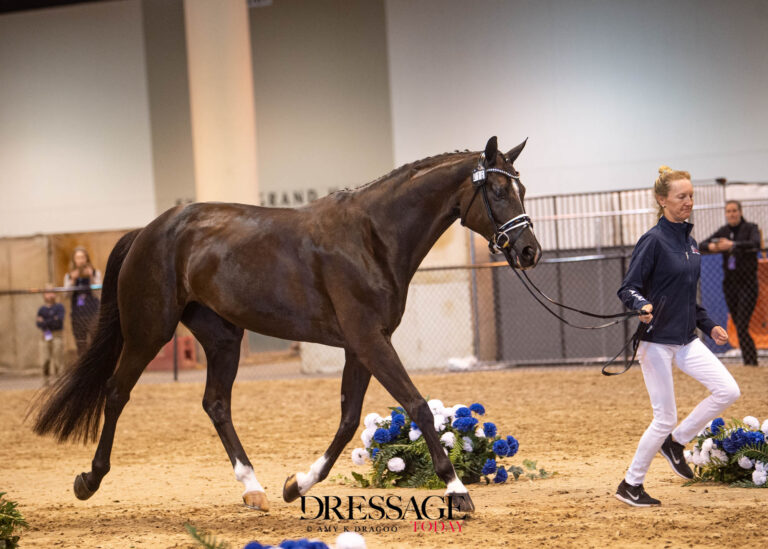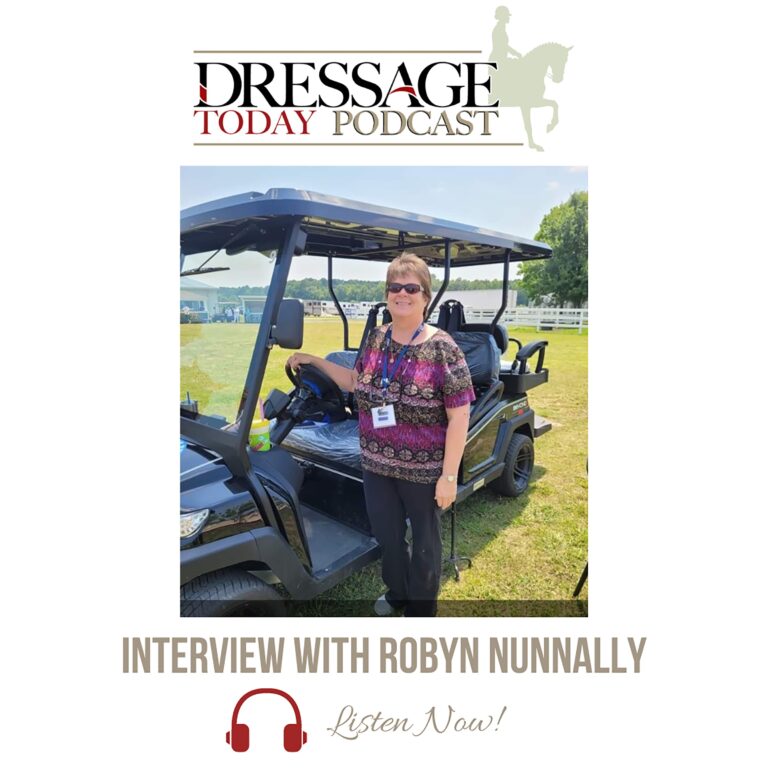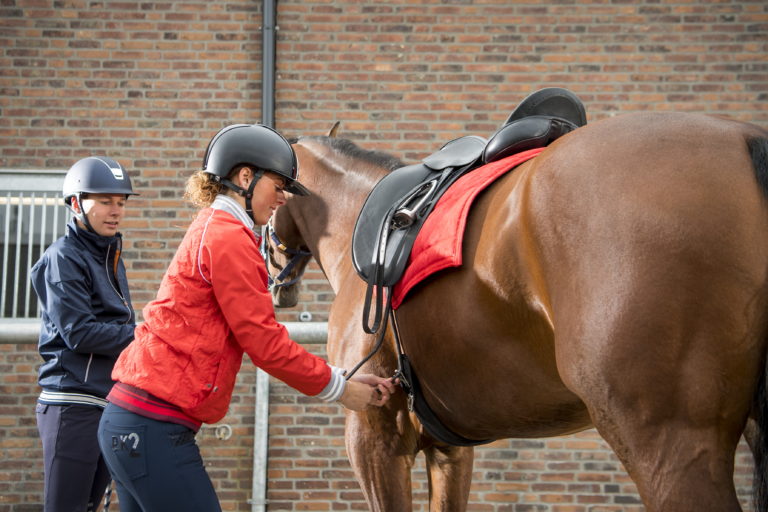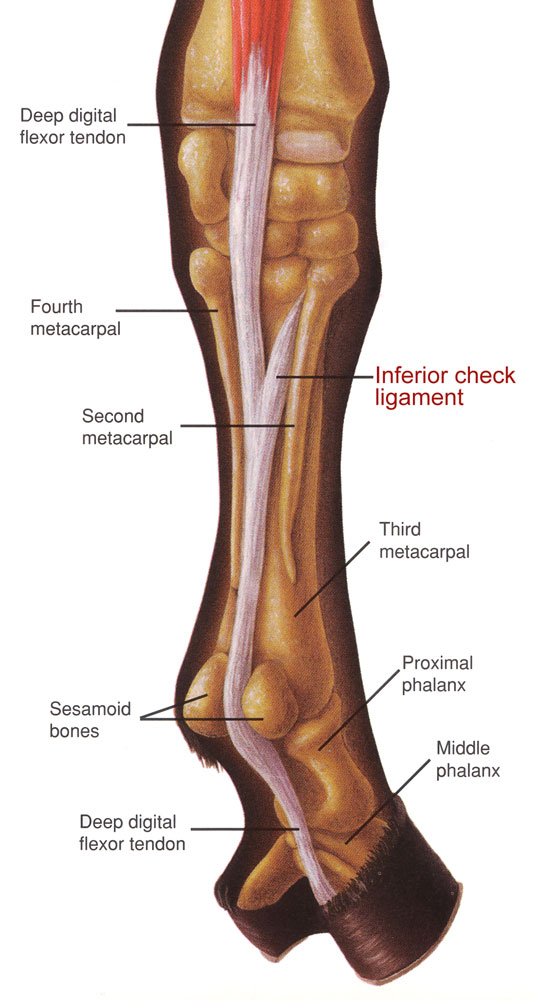“Are we there yet?”
This seemingly innocent question that we all have jokingly asked at one time or another actually has great implications for success. One thing I have noticed in more than three decades of performance work is that the more patient you are, the more successful you tend to be as well. It doesn’t matter whether it is horses, swimming, golf, cooking, raising children or being a corporate executive—having the ability to hang in there is an essential key to success. Currently, our world, especially the horse world, lacks this necessary and valuable character trait. We are all in such a hurry, and I’m not sure why. Even actress Carrie Fisher said, “Instant gratification takes too long.”
Perhaps it is the condition now to be urgently in a hurry. But does it have to be? I have lived nearly a half century so now I can say, “Well, when I was young…” and have it mean something. I do remember having to wait for things and it not being such a big deal. With technology came speed, and as we all became accustomed to speed, we seem to have forgotten how to wait for things. I am just as guilty as the next person of a serious patience deficit.
The problem comes in the cost of our impatience. It’s not as simple as missing the forest for the trees, although that is a part. When we rush, we make mistakes. When we rush, we compromise our values for the speed of the result. When we rush, we react instead of respond. When we rush, we don’t think or feel—especially for others, and that includes our horses.
Horses don’t have a sense of time the way humans do. They simply do not have the cognitive capacity. None of our horses are in a hurry to get to Grand Prix, and so our feverish training schedules create stress for them in a way they have difficulty understanding and adapting to. And if you think about why you got into horses in the first place, it was not to win the race to Grand Prix. It was because you love the animal.
As humans, we are inherently competitive, and that can be great. The pitfall is getting stuck in the trap of the race to Grand Prix because it is almost pre-wired, but so is our ability to think enough to override those thoughtless impulses. The stress you put on yourself when you rush is more than you realize and is somewhat avoidable.
“You’re only here for a short visit. Don’t hurry, don’t worry. And be sure to smell the flowers along the way,” professional golfer Walter Hagen once said. While this advice is wonderful, it is increasingly hard to follow. But I still recommend trying to follow it, even if it’s only a little. Tune in to your horse, yourself and your game plan and see if it feels like you are rushing. If it does, then add some flower-smelling time to your schedule. Slowing down in theory is scary because we worry we won’t accomplish our goals. But slowing down in practice creates success—not only do you produce a better result, you tend to enjoy it more. And the craziest part of slowing down is you actually get there faster.

Jenny Susser has a doctoral degree and is licensed in clinical health psychology, specializing in sport psychology. A four-year all-American swimmer at UCLA, she swam on two national teams and at the 1988 Olympic Trials. She has worked with athletes of all sports and ages—collegiate, professional, international and amateur. She was the sport psychologist for the 2010 WEG South African Para-Dressage Team and the 2012 U.S. Olympic Dressage Team. Dr. Jenny is also a performance coach with Human Performance.


